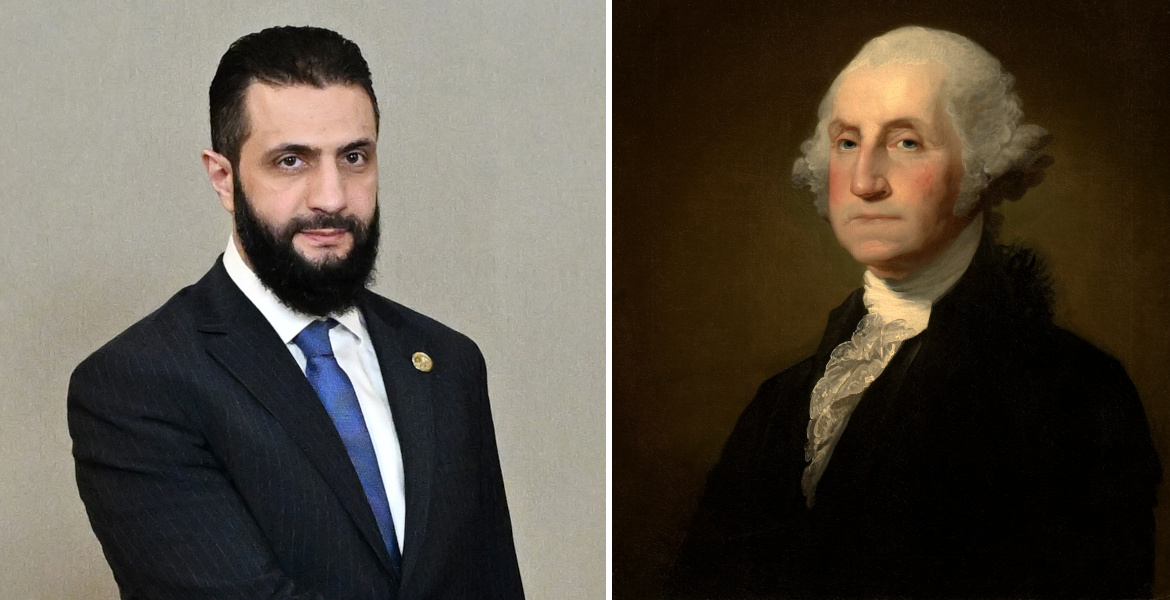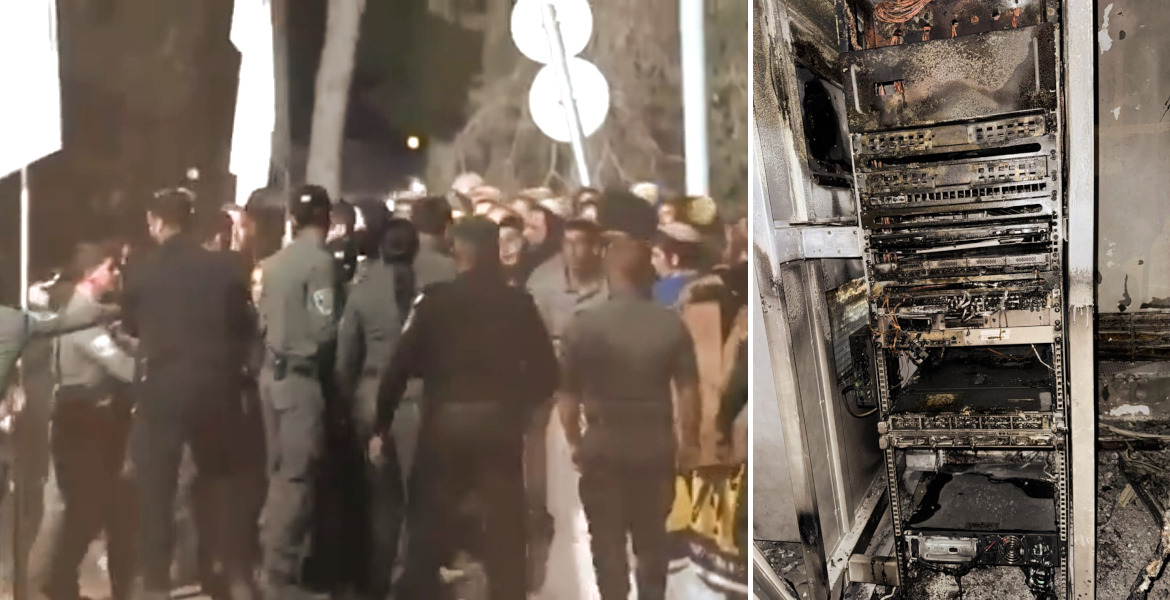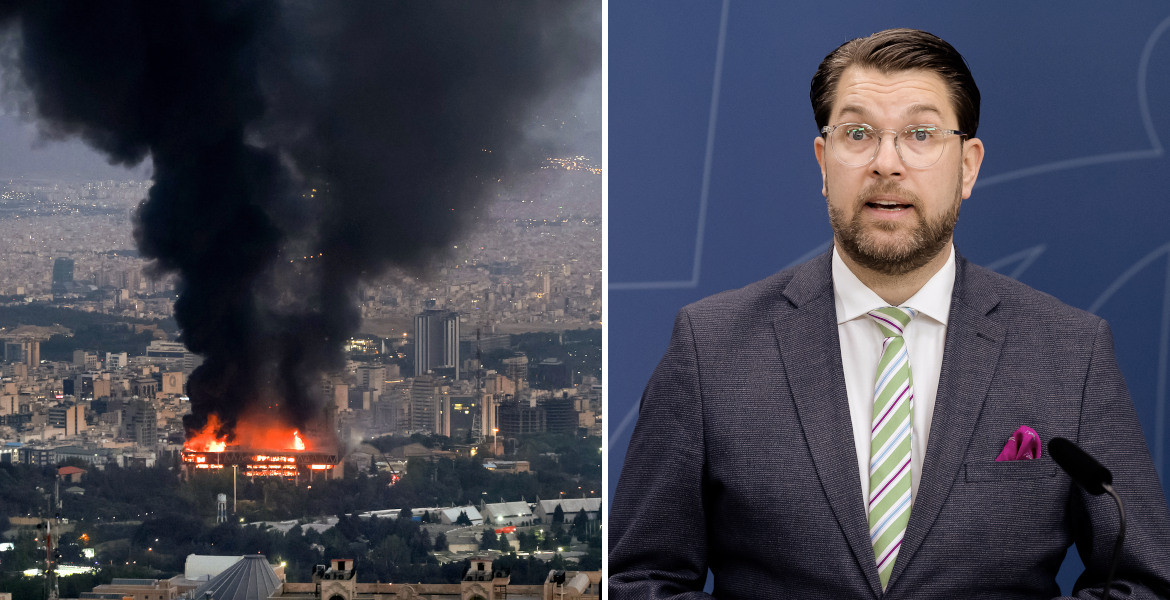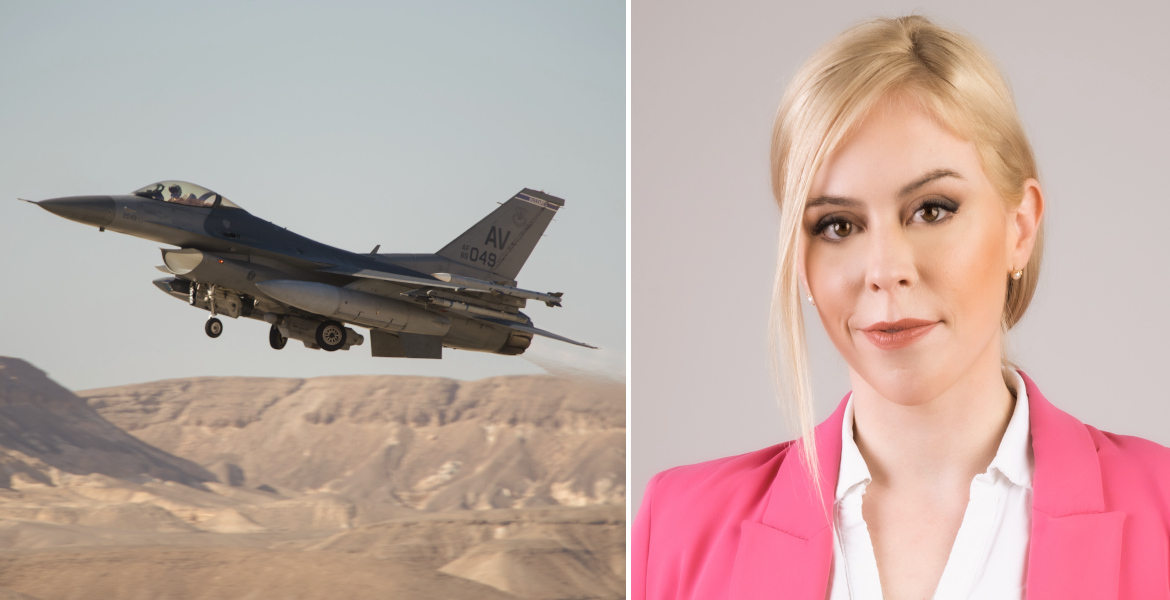Abu Mohammad al-Julani, founder of al-Qaeda’s branch in Syria and leader of the jihadist group Hayat Tahrir al-Sham (HTS), has undergone a remarkable and sudden repositioning on the international scene.
From being one of the most wanted terrorists by the U.S., he has now, following the overthrow of Bashar al-Assad’s socialist rule in Syria, started to emerge as a political actor whom some Western leaders are considering legitimizing.
Julani, whose real name is Ahmed Hussein al-Shar’a, was born between 1975 and 1979 in Saudi Arabia to Syrian parents. As a young man, he traveled to Iraq to participate in the resistance to the US invasion and joined al-Qaeda in Iraq under the leadership of Abu Musab al-Zarqawi. In 2006, he was arrested by US forces and spent over five years in Iraqi prisons, including the notorious Abu Ghraib and Camp Bucca.
In 2011, with the outbreak of the Syrian civil war, Julani returned to Syria and founded Jabhat al-Nusra, which later became al-Qaeda’s branch in Syria.
The path from terror list to political ambitions
Julani broke with al-Qaeda in 2016 and rebranded his group as Jabhat Fateh al-Sham, which later evolved into today’s Hayat Tahrir al-Sham. He remained a wanted figure in the West and in 2013 the United States listed him as a “Specially Designated Global Terrorist”, and four years later the US Rewards for Justice program offered a $10 million public reward for information leading to his arrest.
According to Rewards for Justice, al-Julani carried out several attacks during his leadership, often against civilian targets. The program emphasizes that he led Jabhat al-Nusra, which later morphed into HTS, and continues to play a leading role in the organization. The US government’s longstanding warrant stands in stark contrast to the recent reassessment of his status by some Western powers.
In an interview with PBS’s FRONTLINE in 2021, al-Julani sought to distance himself from his past and reposition HTS as a rebel group focused on Syria’s internal affairs.
– We haven’t posed any threat to Western or European society: no security threat, no economic threat, nothing, he said, stressing that HTS poses no threat to the West.
He also claimed that the group’s past links to al-Qaeda were a “a political label that carries no truth or credibility”.
In recent years, Julani has actively sought to profile HTS as a group that respects ethno-religious minorities and has a role in creating a stable Syria. These statements have partly contributed to changing perceptions of him and the HTS among Western policymakers.
Western support and strategic agenda
US President Joe Biden recently described the overthrow of Bashar al-Assad’s regime as a “historic opportunity ” and welcomed the change as a chance for Syria to take a new step forward. Biden has stressed the importance of securing an inclusive political transition and continuing the fight against extremist groups like ISIS. However, it is notable that he has not mentioned Abu Mohammad al-Julani or HTS in his statements, despite their central role in the new power shift.
Skeptics argue that this sudden change in attitude towards al-Julani and HTS is not a genuine moderation on the part of the group, but rather that their current role benefits the West’s long-term interests in the Middle East. The fact that Western powers are considering legitimizing a jihadist group that seized power through armed struggle has also raised questions about principle and credibility in relation to democratic values.








